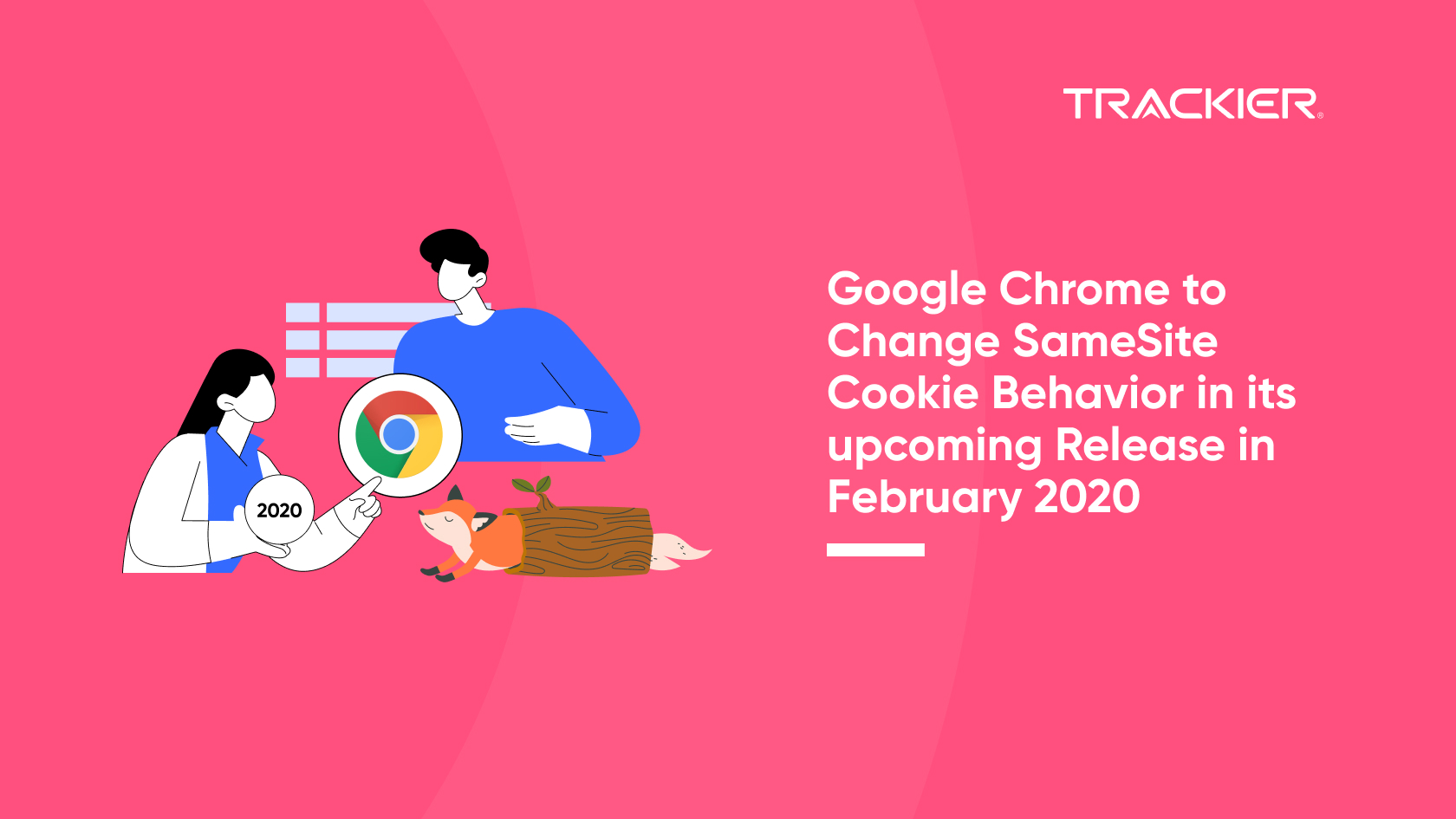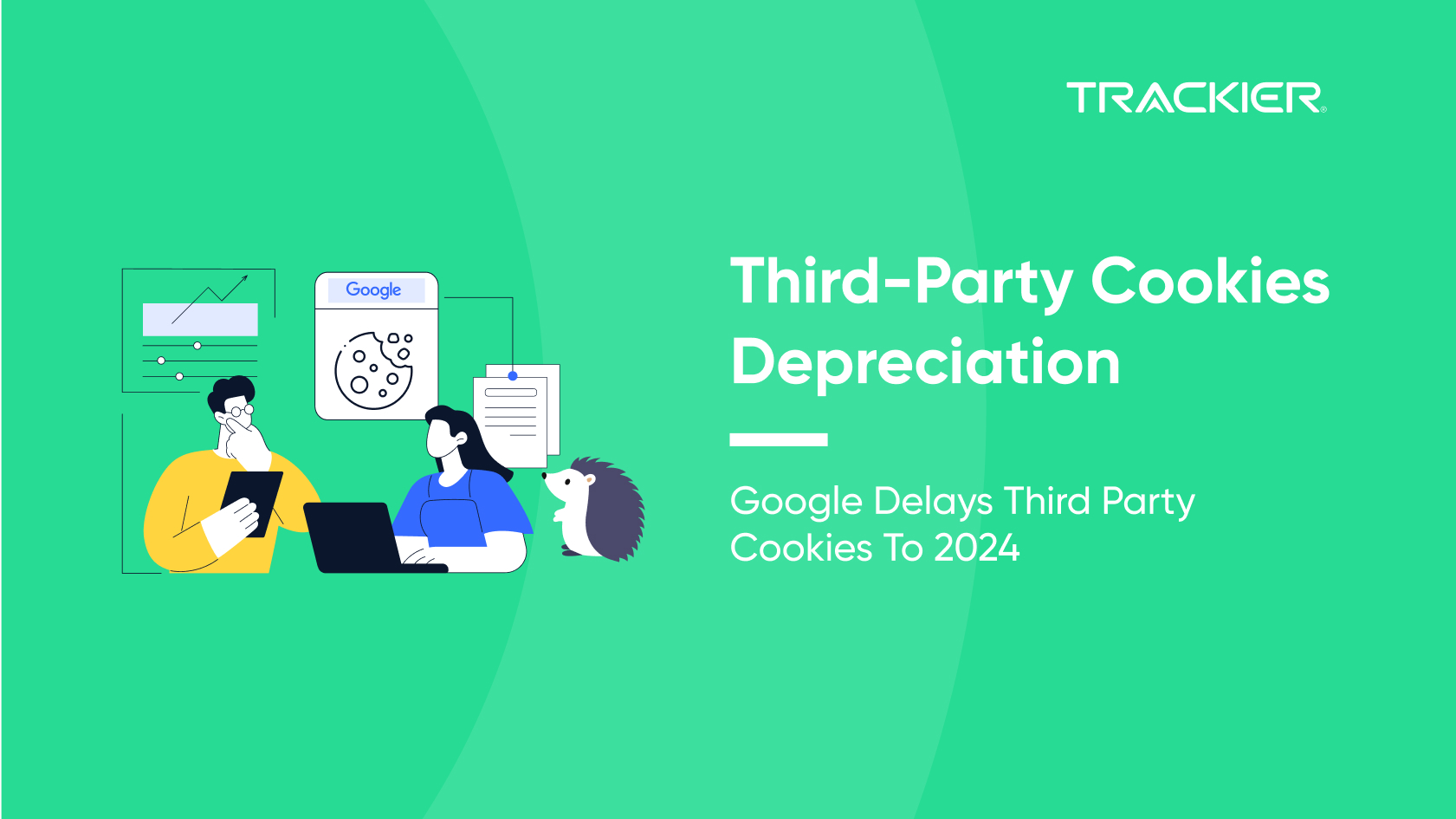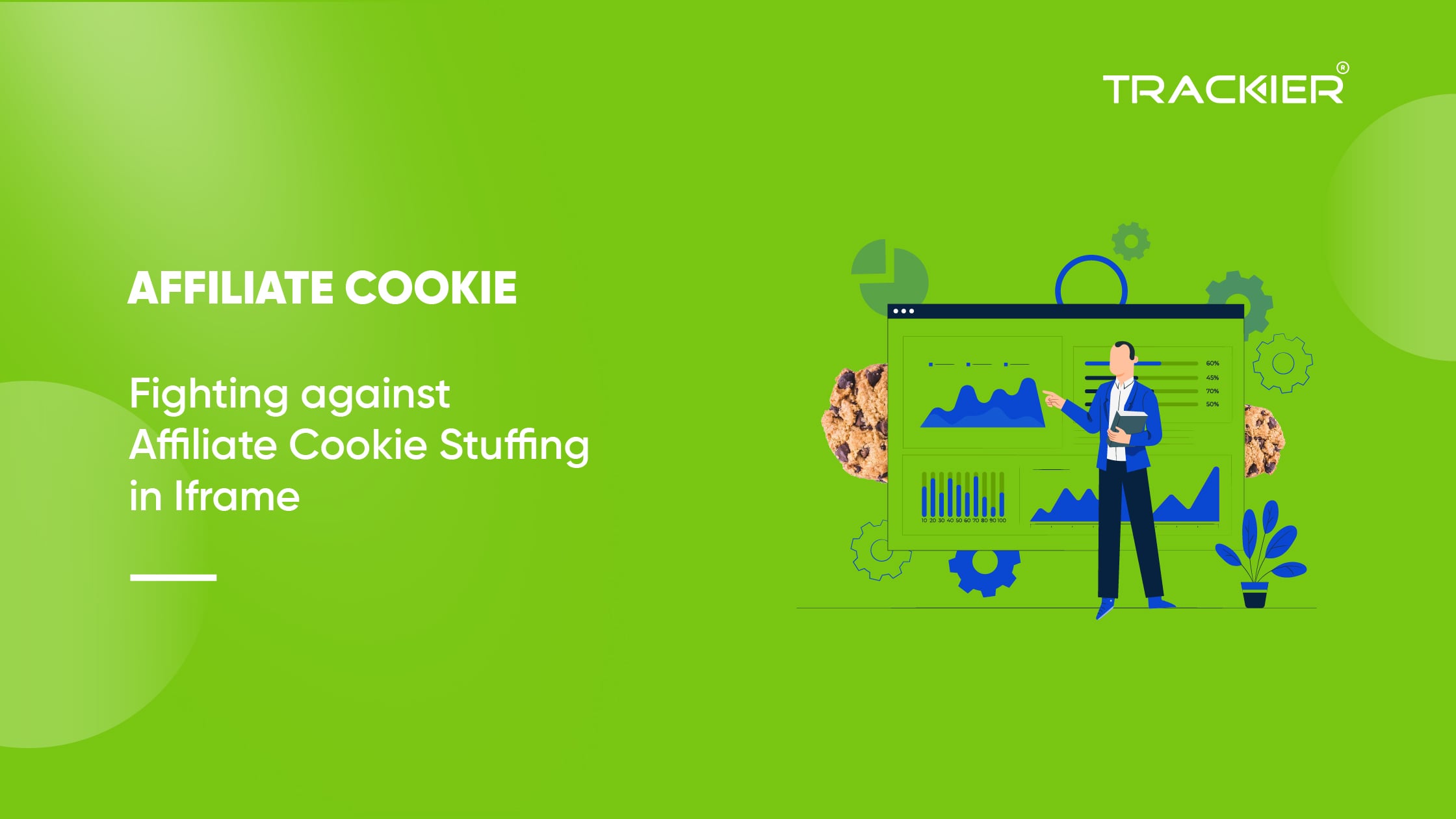Background on the Google Chrome announcement:In May 2019, Chrome announced the next updates to its browser’s privacy and identity features. They announced changes to impose a stricter requirement on cookies, in particular, indicators for better classification of cross-site behaviour and understanding of the end-user. We expect this to be the first of many security and privacy updates to Google Chrome. The Google update will significantly reduce the risk of cross-information leakage, including defending against Cross-Site Request Forgery (CSRF) attacks.
How can this impact you?

Cookies will not work for non-secure browser access (HTTP). Use HTTPS instead. Please do the needful before February 2020. If not done the tracking won’t happen in the Chrome browser.
What are you supposed to do?
1. Use HTTPS instead of HTTP 2. Verify all the Whitelabel domain have the SSL in your account. 3. Pixel set on Advertiser thanks you page Should be also HTTPS. In case of any queries feel free to reach out at support@trackier.com. Check out Chromium Blog for further details.



